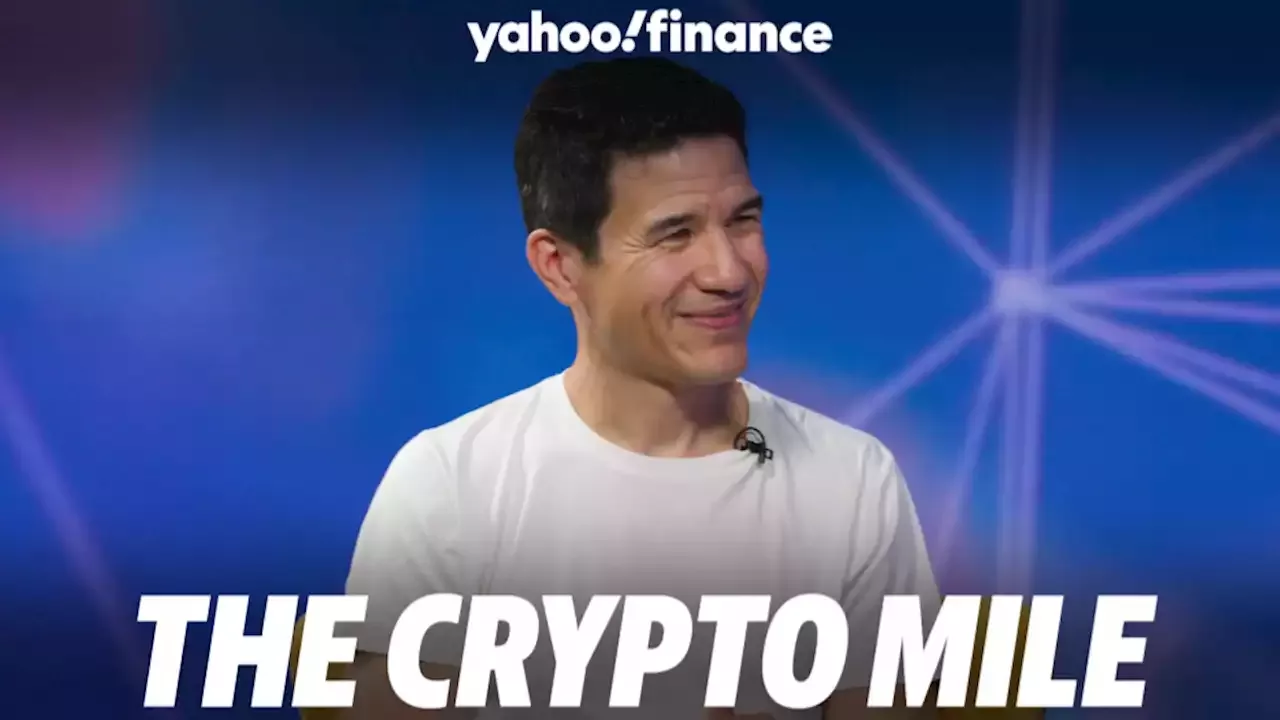So regardless of platform, the free to play model is essentially where you can get into the game for free, but then you spend money in the game in order to buy virtual items to enhance your play, whether it's customizations, boosters, extend your play time, et cetera. So there's a constant ability to spend money in the game to make your experience better. But the upfront cost is negligible.Yes. By more than a decade. Games like World of Warcraft, Eve Online, you name it.
Billions of people around the world have been doing this for more than a decade on mobile, and a subset of them have been doing it for 20 years on other platforms. And all we're doing with blockchain is we're tokenizing that in-game currency. The only difference is that you actually own the stuff.
So let's say you and I both have two Web3 games that are driving games. We both have tracks and cars and things like that in our games. Why would we want to share with each other? The traditional thinking would say that, OK, if a player brings cars from your game into my game and just plays in my game, then I took a player from you. You lost a player. It's a zero sum thinking in terms of.
And so actually, you and I both benefit. I get the marketplace fee. You get the creator royalty. So because we share, we can actually generate more business, because we've created more value for those cars. And at the same time, it's reciprocal, because players who buy cars from me will also want to drive on your tracks in your game.Let's talk about digital ownership in general.
